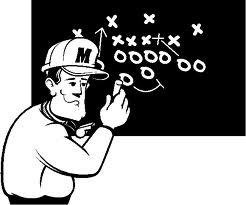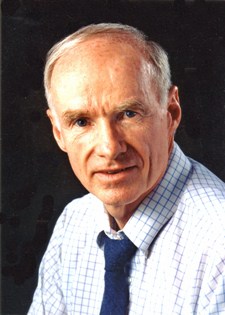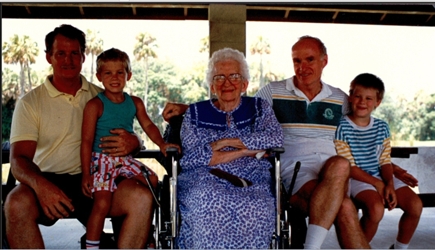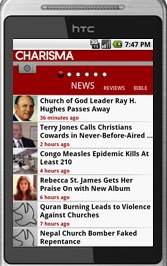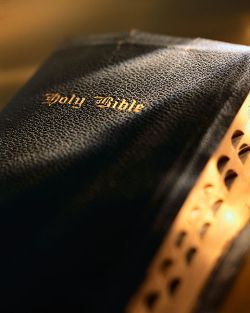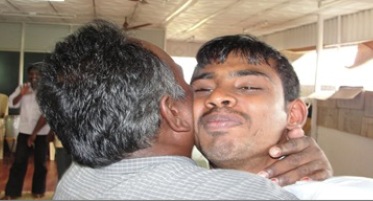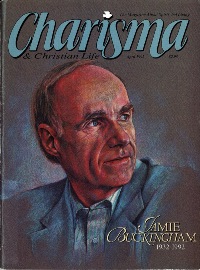by Jamie Buckingham
When I was in high school, I had a football coach who met every player at the sideline as he came off the field, shook his hand and said, "Good job!" I remember very little else about him—but I remember that.
No matter how badly I had played, he shook my hand when I came off the field. Under his coaching, we went undefeated for two years. An incredible feat for a tiny Florida school with a graduating class of 58.
One New Year's Day, after our second undefeated season, he took the entire team—all 33 of us—to the Orange Bowl in Miami. His alma mater, the University of Tennessee, was playing, and he had gotten us tickets. He piled us into a bus and drove 130 mites down the coast, coming back the same night.
It was his way of thanking us for a great season. The next summer we heard he had been fired. There might have been other reasons, but the one we were given was that the Quarterback Club—a group of businessmen who met on Monday mornings in the local drugstore to discuss Friday night games—said the coach had lied on his application.
He was not a graduate of the University of Tennessee. He had gone to a much smaller school. Some said he had never even played college ball. They said he was just a super-promoter who had fooled a bunch of folks. We kids didn't even get to tell him goodbye. When we reported for practice two weeks before school began, there was a new coach on the field.
"He was a fake," we were told. "We don't need someone like that in our town." We didn't know about that. All we knew was that he won ball games. He taught morality. If he heard us cussing, we ran laps until we dropped.
When he found out our star fullback was bragging about his sexual exploits, he benched him. We loved our coach because he was tough—but clean. And because he gave us confidence. I remember the Sunday night before the big Thanksgiving game with our longtime rival. read more

